250,000 children starving in South Sudan: UN
According to the UN, two-thirds out of the 12 million people need aid, with 4.5 million facing severe food insecurity
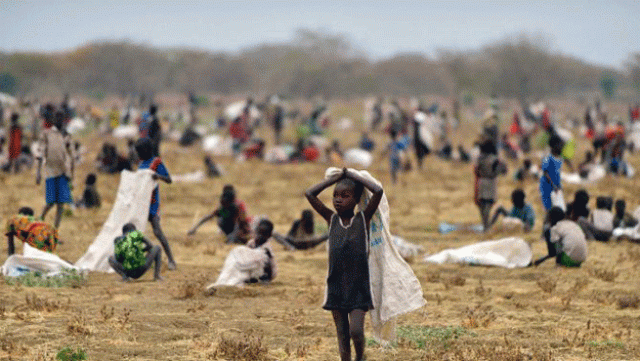
According to the UN, two-thirds out of the 12 million people need aid, with 4.5 million facing severe food insecurity. PHOTO: AFP
"Six months ago, we thought that violence and suffering had peaked and that peace was on the horizon. We were wrong," said Toby Lanzer, who was barred from the country earlier this month after warning of economic meltdown.
"Political intransigence left peace ever more distant; war raged on and is leading to economic collapse."
Civil war began in December 2013 when President Salva Kiir accused his former deputy Riek Machar of planning a coup, setting off a cycle of retaliatory killings across the country that has split the poverty-stricken, landlocked country along ethnic lines.
It has been characterised by ethnic massacres, rape and the use of child soldiers.
"In half of the country, one in three children are acutely malnourished and 250,000 children face starvation," Lanzer added, in a report urging donors to contribute to a $1.63 billion aid appeal, saying South Sudan ranked "lower in terms of human development than just about every other place on earth."
Two-thirds of the country's 12 million people need aid, with 4.5 million people facing severe food insecurity, according to the UN.
"The most recent fighting has been characterised by widespread burning of homes, demolition of schools, hospitals and health posts, wholesale theft of tens of thousands of livestock, destruction of water points and other assaults on infrastructure and assets necessary for communal life," the report read, describing rape and attacks on civilians.
"There has been no apparent effort to distinguish military from civilian targets, with shelling of population centres and indiscriminate firing of weapons into settlements."
More than a dozen aid workers have been killed since the war began with many others missing, with compounds and aid convoys "looted with impunity" it added.
The United States on Tuesday unveiled $113 million in new humanitarian aid for South Sudan to help provide food, safe drinking water and emergency health services.
"The United States calls on all parties to the conflict to immediately bring an end to the senseless violence in South Sudan," the State Department said, urging Juba to allow unfettered humanitarian access across the country.
The African Union also condemned the warring leaders and called on the UN Security Council to slap sanctions on them.
"The continuation of hostilities, in total disregard of the suffering of the people, is tantamount to the abdication by the South Sudanese leaders of their most fundamental responsibility to their own people," the AU Peace and Security Council said.


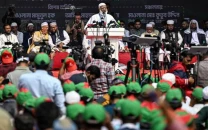
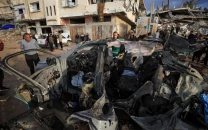
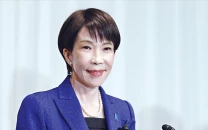
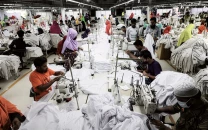













COMMENTS
Comments are moderated and generally will be posted if they are on-topic and not abusive.
For more information, please see our Comments FAQ